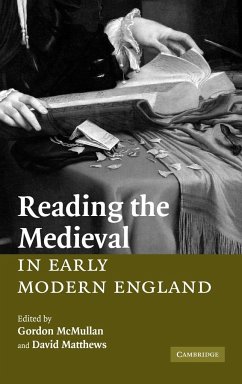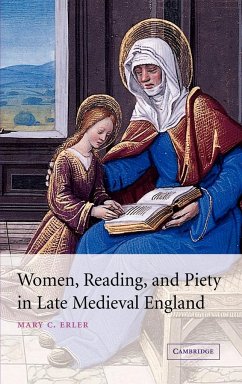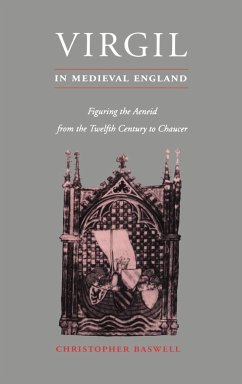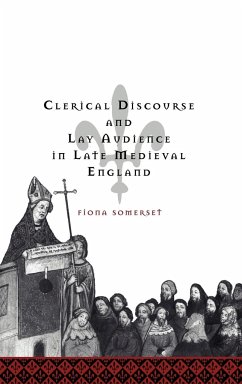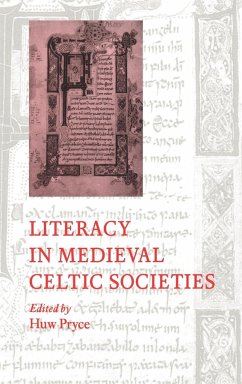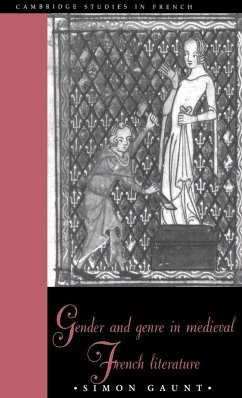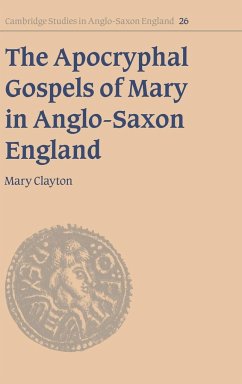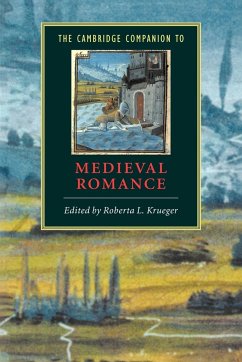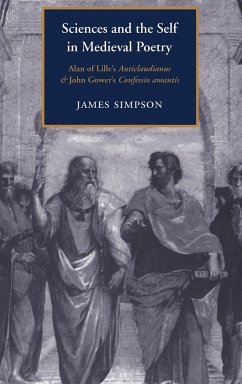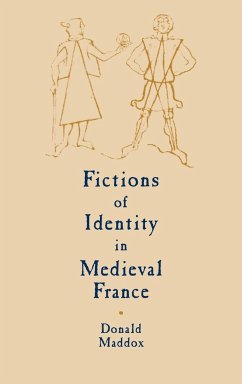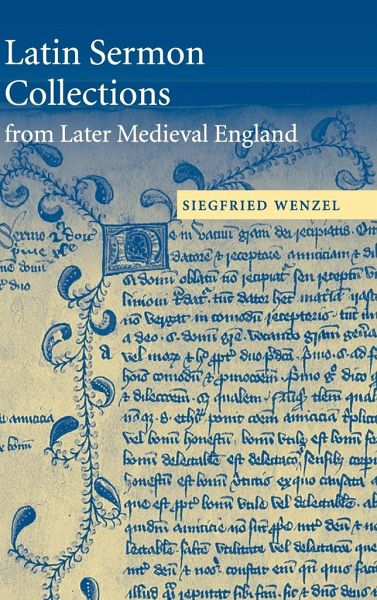
Latin Sermon Collections from Later Medieval England

PAYBACK Punkte
103 °P sammeln!
Until the Reformation, almost all sermons were written down in Latin. This is the first scholarly study systematically to describe and analyse the collections of Latin sermons from the golden age of medieval preaching in England, the fourteenth and fifteenth centuries. Basing his studies on the extant manuscripts, Siegfried Wenzel analyses these sermons and the occasions when they were given. Larger issues of preaching in the later Middle Ages such as the pastoral concern about preaching, originality in sermon making, and the attitudes of orthodox preachers to Lollardy, receive detailed attent...
Until the Reformation, almost all sermons were written down in Latin. This is the first scholarly study systematically to describe and analyse the collections of Latin sermons from the golden age of medieval preaching in England, the fourteenth and fifteenth centuries. Basing his studies on the extant manuscripts, Siegfried Wenzel analyses these sermons and the occasions when they were given. Larger issues of preaching in the later Middle Ages such as the pastoral concern about preaching, originality in sermon making, and the attitudes of orthodox preachers to Lollardy, receive detailed attention. The surviving sermons and their collections are listed for the first time in full inventories, which supplement the critical and contextual material Wenzel presents. This book is an important contribution to the study of medieval preaching, and will be essential for scholars of late medieval literature, history and religious thought.





